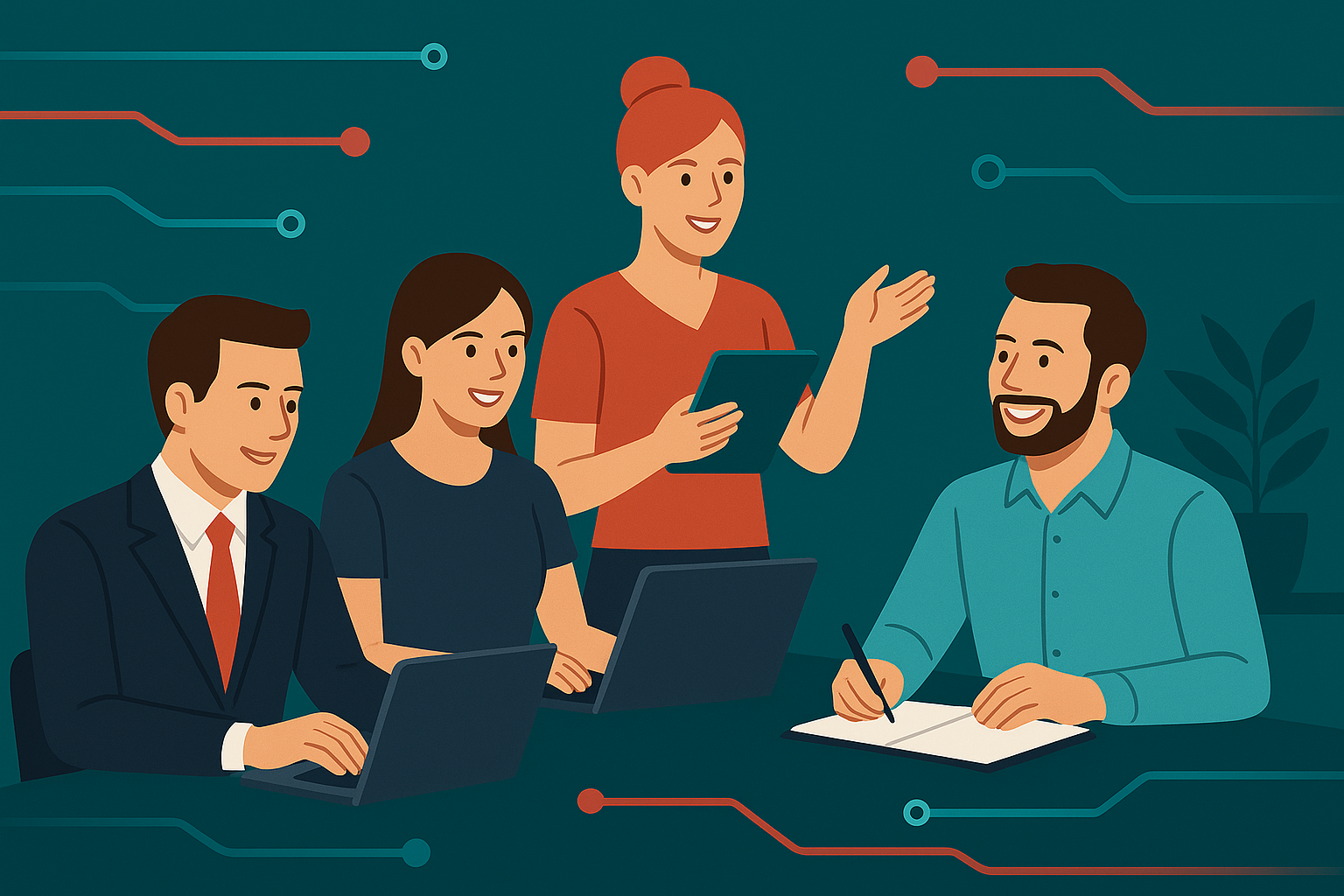In the rapidly evolving landscape of artificial intelligence, specialized Generative Pre-trained Transformers (GPTs) and Copilots, particularly those emerging from collaborations like Microsoft and OpenAI, are at the forefront of technological innovation. These tools are not just augmenting existing processes; they are fundamentally reshaping industries. From healthcare to finance, and from education to manufacturing, the impact of these AI-driven solutions is profound and far-reaching. This article explores how specialized GPTs and AI Copilots are poised to revolutionize various sectors, offering unprecedented opportunities for efficiency, creativity, and growth.
The Evolution of GPTs and AI Copilots
Generative Pre-trained Transformers, or GPTs, have evolved significantly since their inception. Initially designed to understand and generate human-like text, GPTs can now tackle a vast array of tasks, from writing code to composing music. However, the real game-changer has been the advent of specialized GPTs—versions of these AI models tailored to specific industry needs and challenges.
Simultaneously, AI Copilots, such as those developed through collaborations like Microsoft and OpenAI, provide personalized assistance to professionals across different fields. These AI assistants are capable of understanding context, generating insights, and even recommending actions based on vast amounts of data, effectively serving as co-workers rather than mere tools.
Transformative Potential Across Industries
- Healthcare: Specialized GPTs in healthcare are revolutionizing patient care and medical research. By analyzing patient data, medical histories, and the latest research, AI Copilots can assist in diagnosing diseases earlier and more accurately. They can also personalize treatment plans and monitor patient progress, significantly improving outcomes.
- Finance: In finance, AI Copilots are transforming how institutions manage risk, detect fraud, and personalize customer service. By analyzing market trends and financial reports, these AI tools can provide real-time insights, enabling more informed decision-making and enhancing the customer experience.
- Education: The education sector benefits from specialized GPTs by offering personalized learning experiences. AI Copilots can adapt to individual learning styles, identify knowledge gaps, and provide customized resources, making education more accessible and effective.
- Manufacturing: In manufacturing, AI Copilots optimize production processes, predict maintenance needs, and improve supply chain efficiency. By analyzing data from sensors and machines, these AI tools can foresee issues before they arise, reducing downtime and increasing productivity.
Enhancing Creativity and Innovation
Beyond improving efficiency and decision-making, specialized GPTs and AI Copilots are unlocking new levels of creativity and innovation. In creative industries, such as design and content creation, AI tools are generating ideas and prototypes at unprecedented speeds, enabling professionals to explore a wider range of possibilities and iterate more rapidly. This not only accelerates the creative process but also encourages a culture of experimentation and innovation.
Navigating Ethical and Practical Challenges
The adoption of specialized GPTs and AI Copilots is not without its challenges. Ethical considerations, such as data privacy, bias in AI models, and the impact on employment, are at the forefront of the discourse. Organizations must navigate these issues thoughtfully, ensuring that the implementation of AI technologies is responsible and inclusive.
Moreover, the successful integration of AI tools into existing workflows requires a strategic approach. Organizations must invest in training and change management to help employees adapt to and embrace these new technologies. By fostering a culture of continuous learning and collaboration between humans and AI, organizations can fully realize the potential of these innovations.
Conclusion
The advent of specialized GPTs and AI Copilots, spearheaded by collaborations like Microsoft and OpenAI, represents a pivotal moment in the evolution of industries. These technologies offer the promise of enhanced efficiency, creativity, and decision-making across various sectors. However, realizing this potential requires careful consideration of ethical implications and a commitment to integrating AI in a way that complements human skills and creativity.
As we look to the future, it is clear that specialized GPTs and AI Copilots will play a crucial role in shaping our world. By embracing these technologies, organizations can not only improve their operations but also drive innovation and progress in their industries. The journey ahead is filled with opportunities and challenges, but one thing is certain: the impact of specialized GPTs and AI Copilots on our industries and our society will be profound and lasting.

.jpg)










